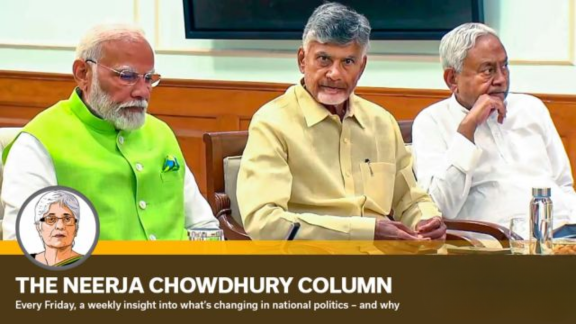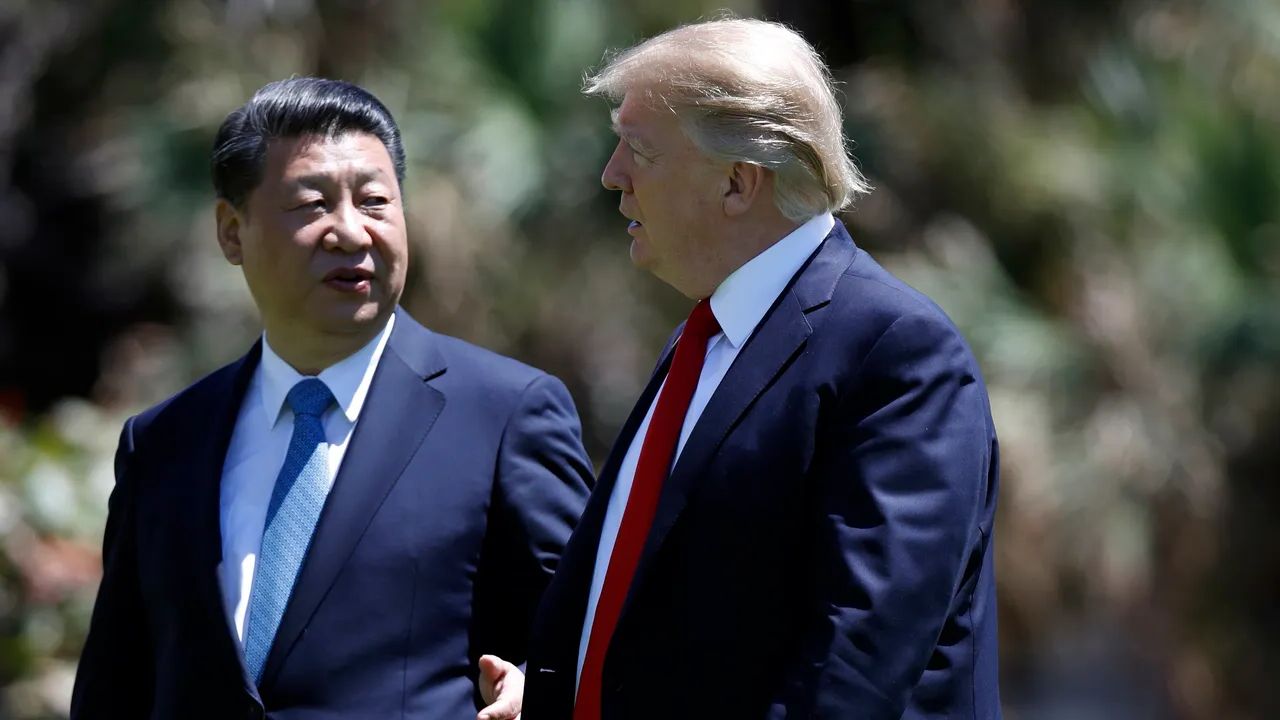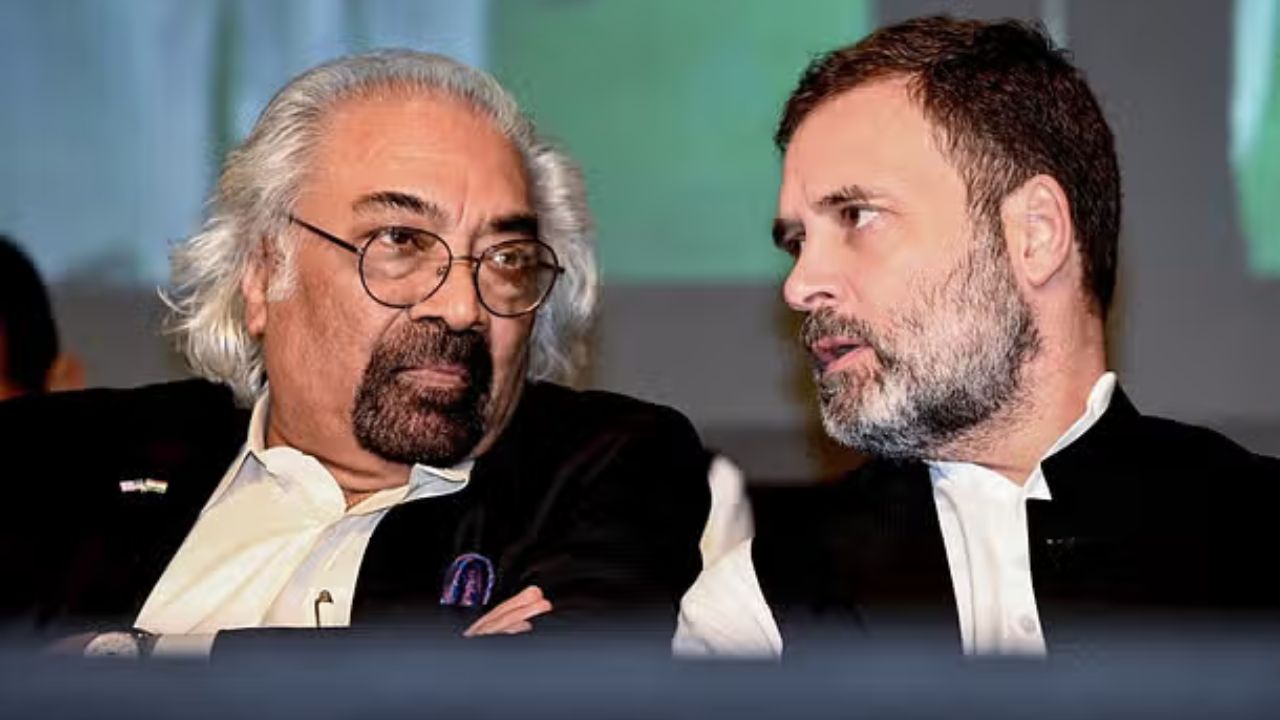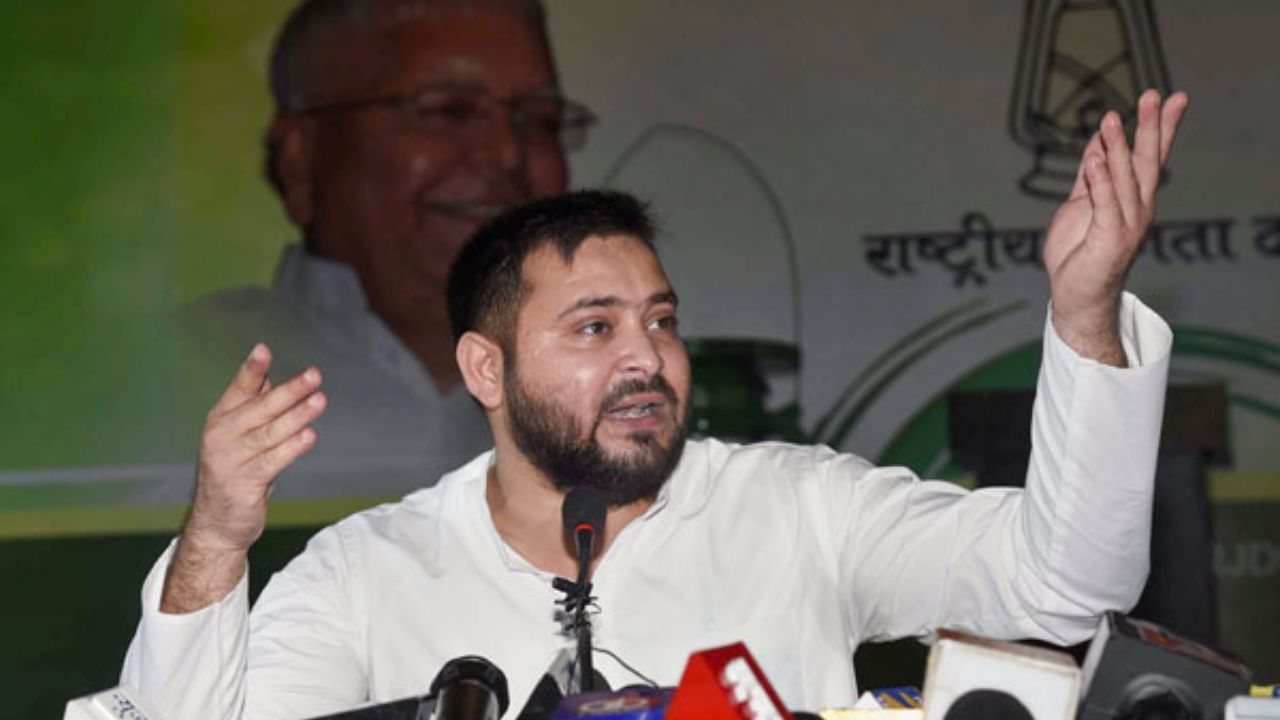Reconsidering Lateral Entry and Waqf: Why the Modi Government Should Maintain Open Lines with Allies
Reconsidering Lateral Entry and Waqf: Why the Modi Government Needs to Keep Ally Lines Open The recent abrupt withdrawal of an advertisement for the lateral entry of experts into the Indian bureaucracy reveals a significant shift

Reconsidering Lateral Entry and Waqf: Why the Modi Government Needs to Keep Ally Lines Open
The recent abrupt withdrawal of an advertisement for the lateral entry of experts into the Indian bureaucracy reveals a significant shift in the Narendra Modi government’s approach to policy and ally management. This decision, which saw the Union Public Service Commission (UPSC) retract an announcement for 45 specialized posts, indicates potential friction within the government and its coalition partners.
The sudden reversal of the advertisement, which had been put in place to bring in external expertise into the bureaucracy, suggests that the initial move was made without sufficient consultation with political allies and stakeholders. Just a day before the withdrawal, Union Minister Arjun Ram Meghwal had defended the initiative by referencing the Congress’s appointment of Dr. Manmohan Singh as Finance Secretary in 1976 as a precedent for such lateral entries. Despite this defense, the advertisement was abruptly retracted the following day, highlighting a possible disconnect between the government’s intentions and its execution.
This episode underscores a broader issue of managing coalition dynamics and maintaining political cohesion. The Modi government’s decision-making process appears to have been rushed and not fully aligned with the interests or concerns of its allies. Effective governance, particularly in a coalition framework, requires transparent communication and consultation with all stakeholders to ensure that decisions do not inadvertently cause discord or undermine political stability.
Moreover, this situation is emblematic of the challenges faced when implementing administrative reforms that can have wide-ranging implications. The withdrawal of the lateral entry initiative could also impact the government’s broader reform agenda, potentially causing uncertainty among potential recruits and raising questions about the commitment to bureaucratic modernization.
In addition to addressing the immediate concerns surrounding the lateral entry issue, the Modi government must also consider its approach to other key areas, such as the Waqf reforms. The handling of these sensitive issues requires a careful balance of political interests and effective ally management to prevent similar setbacks in the future.
By ensuring more robust consultation processes and maintaining open lines of communication with coalition partners, the Modi government can better navigate the complexities of policy implementation and uphold political stability.




